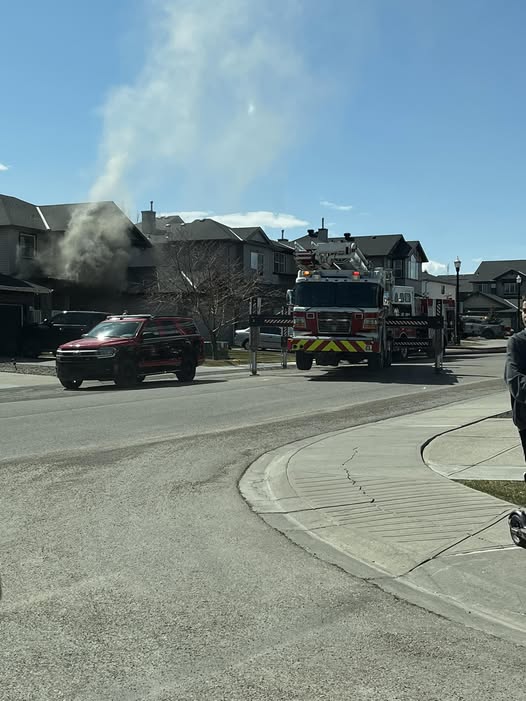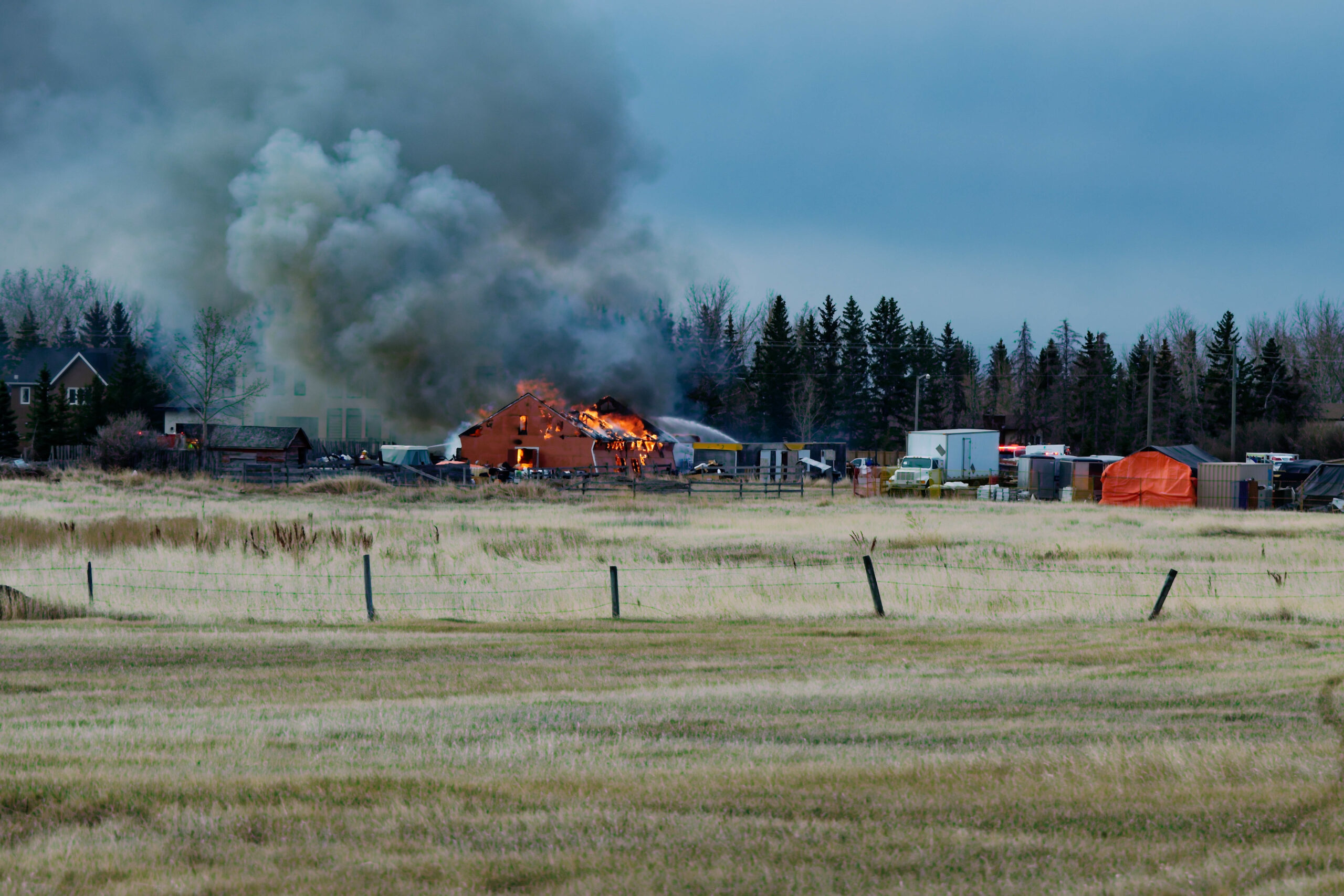City Council meetings can be confusing to people unfamiliar with municipal politics.
There are regulations, rules and procedures drawn from several different sources and brought together to create a formal structured meeting that allows council to conduct business on behalf of the residents.
“Council is obligated to follow the Municipal Government Act (MGA) first and foremost,” said Director of Corporate Services Tracy Buteau.
They are also bound by the city’s own procedure bylaw which specifies how council meetings are to be run as well as the order of the meeting and any other applicable provincial legislation.
Chestermere council also follows Roberts Rules of Order and precedents set by previous council decisions.
The interaction between the different pieces of legislation and guiding documents can be somewhat convoluted and confusing to people making their first foray into municipal governance.
Every year in October, the city holds and organizational meeting that determines the frequency and time of day for council meetings.
Other decisions made at this meeting include who will be the Deputy Mayor and which councilors serve on which city committees.
It was at the last organization meeting the times and frequency of Chestermere’s Council meetings are held.
Meetings are held twice a month on Mondays with the first meeting of the month at 1 p.m. and the second at 3 p.m. Meeting agendas are available online at www.chestermere.ca the Friday before the meeting.
Council meetings are intended to conduct the business of municipal governance and are not required to have an agenda item for questions from the public.
“We recently did some research and the larger municipalities actually don’t have question period,” she said.
The City of Chestermere has chosen to include a question period at each council meeting however Buteau said that attendance at public hearings, which are always held at 6 p.m., and scheduling meetings with the city Councilors can be a more effective way to raise concerns.
“I think it’s important for residents to understand that this is a formal meeting for council to conduct business,” said Buteau.
“We definitely welcome residents to attend the meetings,” she said, “but if you are unable to attend the meetings you can certainly contact councilors at any time.”
The contact information for both city administration and council is available on the city website.
It is also because of all the regulations about how bylaws can be passed by council and how decisions are made that the council meeting follows the formal process.
“Its formal because we’re passing laws for our community,” said Buteau.
All bylaws that are passed by council must receive three readings before council before they come into effect in the community.
Another area that is highly regulated by the MGA and FOIP act is when Council can meet in camera or privately.
In camera is a legal term that means in chambers.
These sessions are used to deliberate on land, legal or labour matters. Councilors are required to keep information from these sessions confidential.
No decisions are made in camera.
“When you come out of in camera if there’s a decision to be made then the decision must be made in public,” said Buteau.
City council meetings explained
Uncovering the ins and outs of a formal council meeting
In response to Canada's Online News Act and Meta (Facebook and Instagram) removing access to Canada's local news from their platforms, Anchor Media Inc encourages you to get your news directly from your trusted source by bookmarking this site and downloading the Rogue Radio App. Send your news tips, story ideas, pictures, and videos to info@anchormedia.ca.








